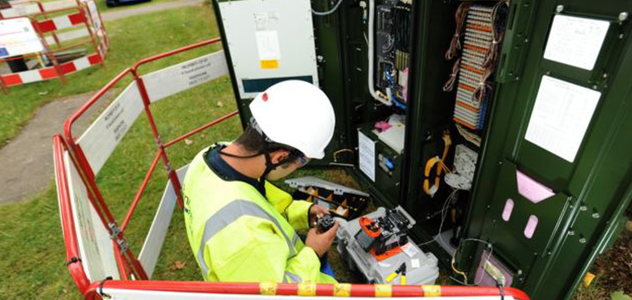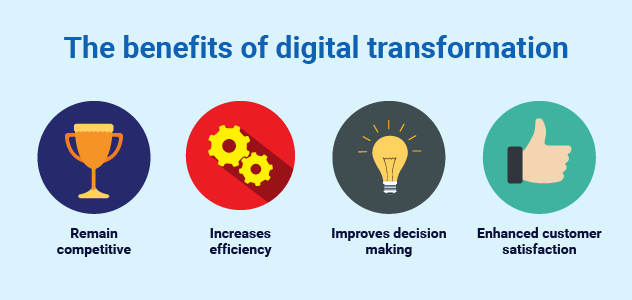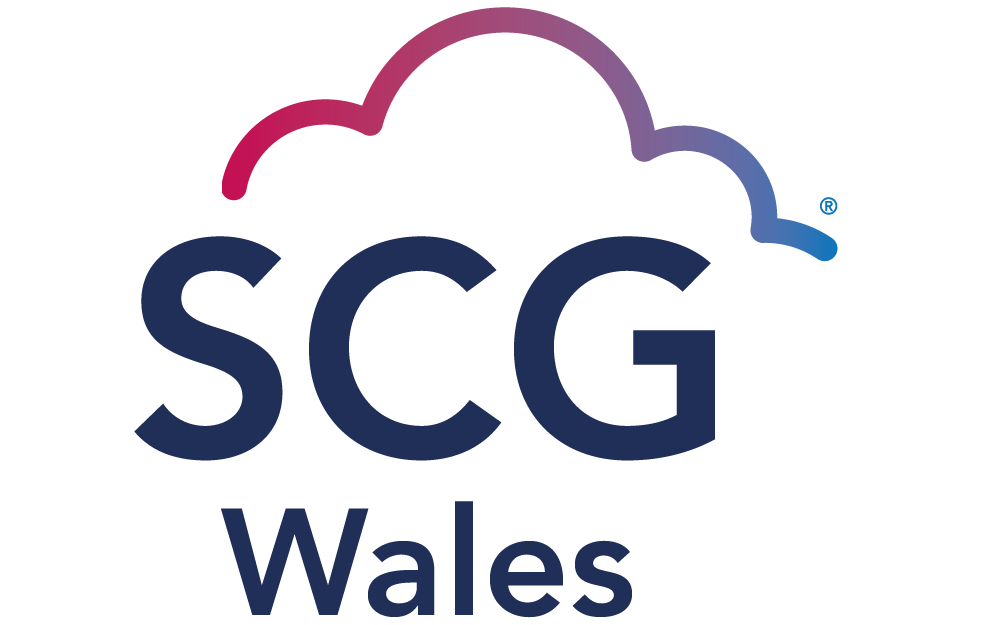Adopting a digital transformation strategy to your business can improve operations, customer experience and ultimately…
Is your phone system ready for the digital switchover?
Posted on 9th April 2018 under Blog.
Tags: ISDN switchoverA major change is already underway in the telecom industry as traditional voice networks head for retirement.
The industry is moving to a world of all internet-based voice communications after BT announced they will be switching off the PSTN and ISDN network by 2027. This means an IP core network will be in place to transmit all call traffic and business phone systems will need to support this new network.
We take a look at the old technology to be switched off, the reasons for the switch, what alternatives are available and what to consider.
What are ISDN and PSTN?

When making a phone call, both networks transmit data over traditional phone lines. PSTN lines are analogue while ISDN lines are digital.
PSTN stands for Public Switched Telephone Network. Analogue voice data transport over a copper circuit which is owned and operated by your phone provider.
ISDN (Integrated Services Digital Network) allows both voice and data services over a single digital line. For example, the same telephone line can be used to make phone calls and access the internet.
ISDN was revolutionary at the time given the infrastructure but as a precursor to modern-day voice and data networks, its role was significant. Ultimately, ISDN has earned its impending retirement.
Why is BT switching to a voice over internet network?

Image ref: Openreach
Technology is constantly evolving. There has been a huge investment in the UK communications network with the new fibre infrastructure widely available and affordable to small businesses. It is estimated Openreach will deploy to 10 million premises by 2027, costing £3 – 6 billion. This will offer greater connection speeds and will help businesses to thrive and compete in the marketplace. Simply put, old telephone lines are being replaced with new fibre optic cables which deliver much faster speeds.
BT hasn’t installed an ISDN line in London since 2014, indicating that users are already moving on to new technology.
The future is VoIP

Image ref: Computer Weekly
VoIP technology uses the internet to make and receive phone calls instead of a traditional phone line. Approximately 31% of all businesses already use VoIP systems due to its productivity-boosting and cost-saving features.
Cloud-based phone systems use VoIP. This offers a wide range of additional features such as call recording, receiving voicemails by email, call forwarding and unified communications. This is the ability to access the system on multiple devices such as a mobile, tablet and desktop.
The recent investment in the fibre broadband rollout means an internet-based solution such as VoIP is the top alternative for businesses.
Why switch now rather than later?

At the moment, there’s a short window of opportunity that will enable you to take maximum advantage of the benefits available. There are four main reasons why you might want to migrate online today:
- As a direct replacement for ISDN
- For a private cloud solution or maximise on existing PBX investments.
- To meet the needs of high-capacity environments and a growing business
- Increase efficiency with new technologies
Is your system ready?

You would need to check with your telecom provider if your system can support VoIP along with compatible handsets.
There are many aspects you need to consider:
- Current on-premises network infrastructure
- Bandwidth capacity
- Additional set-ups such as fax lines and conference phones
- Additional features (call routing, call groups and auto attendant)
- Essential upgrades
Unfortunately, if your system only supports ISDN technology then it will soon become obsolete.
Don’t get left behind

Europe and the US are already ahead of the UK and accelerating towards the transition. Businesses need to consider their objectives and if they can afford to be left behind. With the growing trend of remote workers, would your system be able to support this? Stay ahead of the competition and benefit from feature-rich and powerful communications tools.
As ISDN and PSTN become history, businesses need to think about transitioning now to ensure that they won’t suffer the same fate. If your current phone system contract is due for renewal, now is the time to explore your options of upgrading to a cloud-based system.
Read our guide on how to make a smooth transition to the cloud
Related Posts
- Is your wireless network prepared for new digital technologies?
- A guide to VoIP phone systems for small businesses
A phone call is still a popular communication method but advancing technology is changing the…
- 5 reasons why phone calls are still important for businesses
There are many ways for businesses to connect with customers: social media, help desks, online…
- 6 top tips for migrating your business telecom services when moving office
It is exciting as a growing business to relocate to a larger office. But there…
- What exactly is AI and how is it transforming business collaboration?
The current view that AI is an all-changing, end-of-world event and something to be feared…

